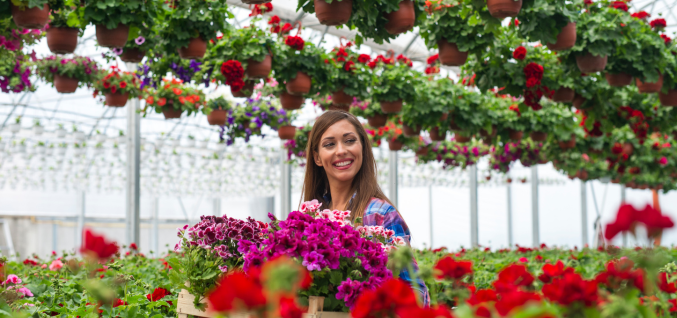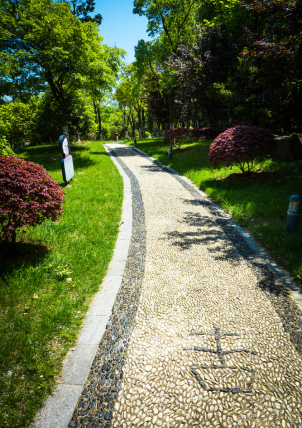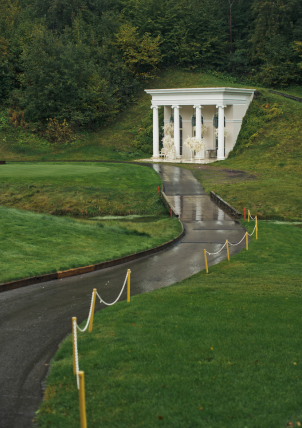
Who we are
Passionate Gardeners , Transforming Spaces
At the heart of our work is a deep passion for gardening and landscaping. We specialize in transforming ordinary outdoor spaces into stunning, functional areas that reflect your personal style and needs. With a focus on quality craftsmanship, sustainability, and attention to detail, we create gardens that thrive and inspire.
- Creativity
- Expertise
- Sustainability
- Quality






